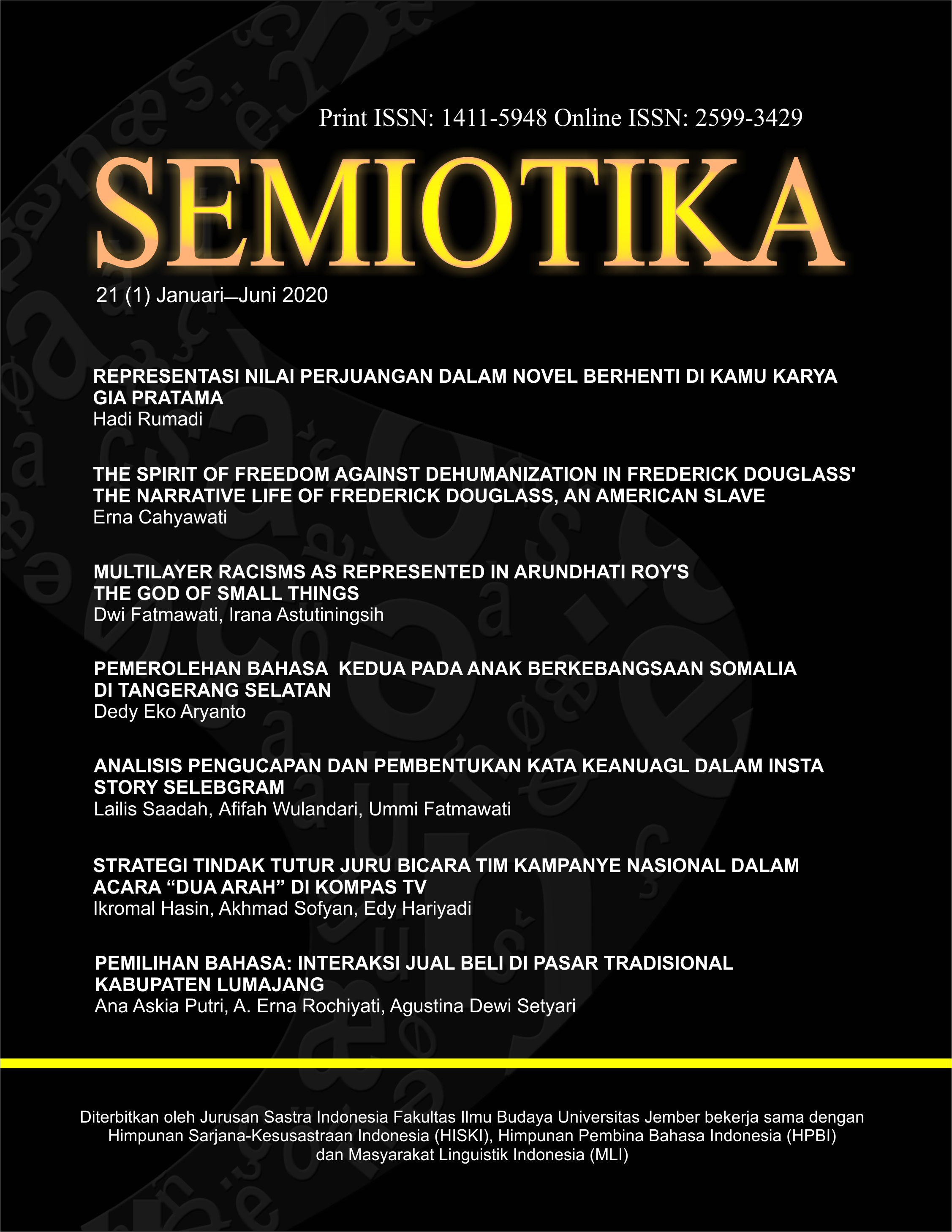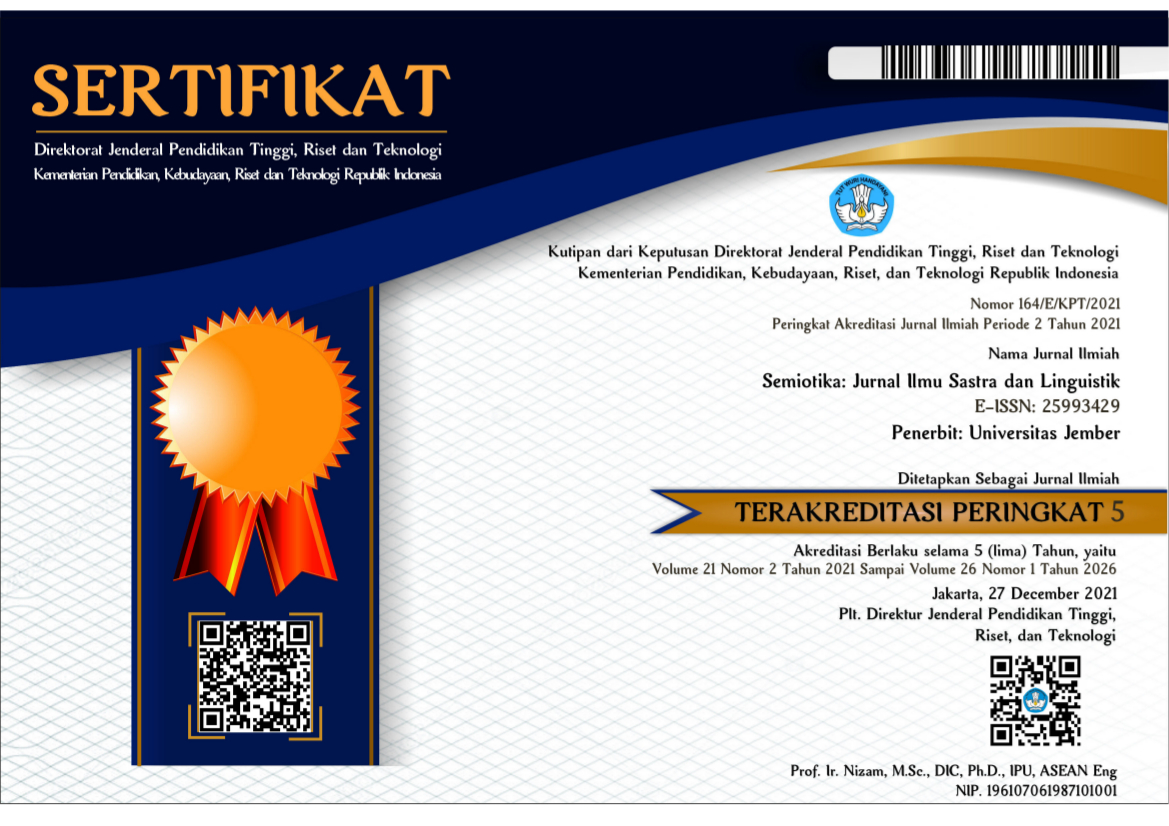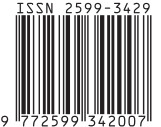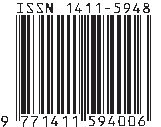STRATEGI TINDAK TUTUR JURU BICARA TIM KAMPANYE NASIONAL DALAM ACARA “DUA ARAH” DI KOMPAS TV
Abstract
Presidential Election is a democratic party to elect new leaders. A spokesperson is needed to attract the public to choose the candidate pairs who compete to win the party. A spokesperson for TKN-Jokowi's National Campaign Team (Indonesian: Tim Kampanye Nasional) is one example of a spokesperson who carried out this task. This article aims to discuss the national campaign team's speech acts strategy in Kompas TV program entitled "Dua Arah". The researcher will categorize articulation carried out by the spokesperson of TKN into four types of speech works: persuasive, defending, attacking, and challenging. The data analysis method used analyses speech based on the specified categories in speech acts, presuppositions, implicatures, cooperative principles, and the principle of manners found in the address based on the context of the talk. The results showed that the spokesperson for the TKN placed persuasive action in the first position, fending effort in the second position, attacking movement in the third position, and challenging activities in the last part. Convincing story at the first position aims to attract the people's sympathy to choose Jokowi-Ma'ruf Amin with the most utterances telling Jokowi's government program's success. The challenging action in the last position contains a request to the spokesman of BPN-Prabowo's election campaign team (Indonesian: Badan Pemenangan Nasional) to do something and explain their statement in detail.
SEMIOTIKA has CC-BY-SA or an equivalent license as the optimal license for the publication, distribution, use, and reuse of scholarly work. Authors who publish with this journal retain copyright and grant the journal right of first publication with the work simultaneously licensed under a Creative Commons Attribution-ShareAlike 4.0 International License that allows others to share the work with an acknowledgment of the work's authorship and initial publication in this journal.
Attribution-ShareAlike
CC BY-SA










